Hold your horses: Richard III defenders tell Charlottetown filmgoers king wasn't all that bad
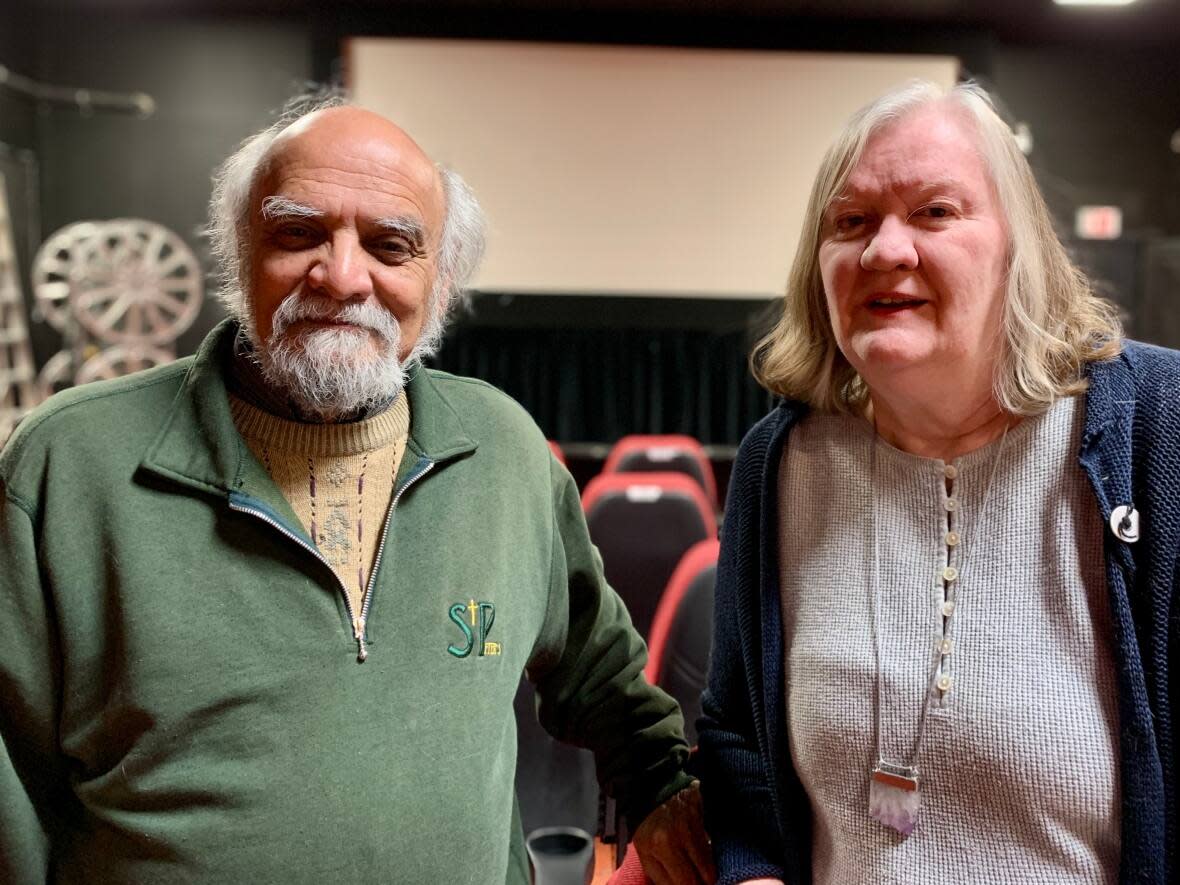
Christine Hurlbut and her husband Clement Carelse are committed Ricardians — a term used to describe people who believe the much-maligned King Richard III was actually a good ruler.
When the movie The Lost King was showing at City Cinema in Charlottetown earlier this month, the couple greeted people leaving the show every night to chat and hand out information.
The movie is based on the real-life story of amateur historian Philippa Langley.
Langley worked tirelessly to raise funds to find and dig up the remains of King Richard, whose characterization in Shakespeare's Richard III play — which Ricardians like to point out was written over a hundred years after the fact — turned the monarch into a paragon of villainy in the popular imagination.
Thanks to Langley, the king's skeleton was discovered under a parking lot in Leicester in 2012. He was then given a funeral and burial at Leicester Cathedral.
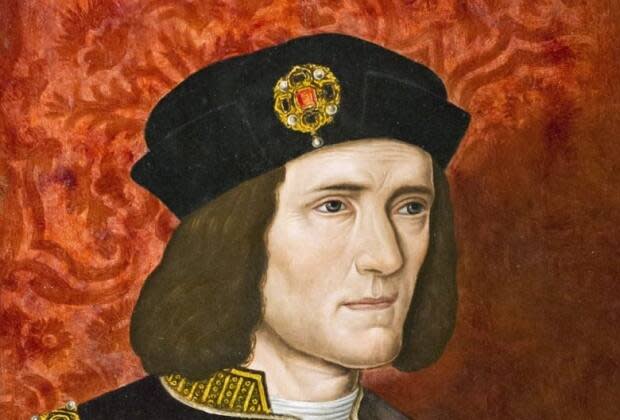
Hurlbut has been a member of the King Richard III Society of Canada for more than 40 years.
The group has 4,000 members worldwide. They believe the traditional accounts of Richard III's two-year reign from 1483 to 1485 aren't accurate.
She suggested City Cinema bring in the movie, because she'd seen it after its premiere at the Toronto Film Festival.
"They said, 'Oh, it's on our radar.' And I said, well let me know when it's happening and I'd be glad to come and do a bit of publicity for the society. And it very nicely coincided with the coronation weekend, too," she said.
I just felt it was one of those stories where history has been rewritten by the victor. - Christine Hurlbut
Hurlbut's fascination with Richard III's story began when she read Josephine Tey's book The Daughter of Time, a novel published in the 1950s.
It's a mystery novel about a police officer who investigates the alleged crimes of King Richard III, and finds that what he's accused of — including the murder of his two nephews — may have been fabricated.
"I just felt it was one of those stories where history has been rewritten by the victor. And in this case it was the Tudor dynasty with Henry VII. And Henry had a very weak claim to the English throne, so he was kind of desperate to do whatever he could to solidify it, and so that really started me off."
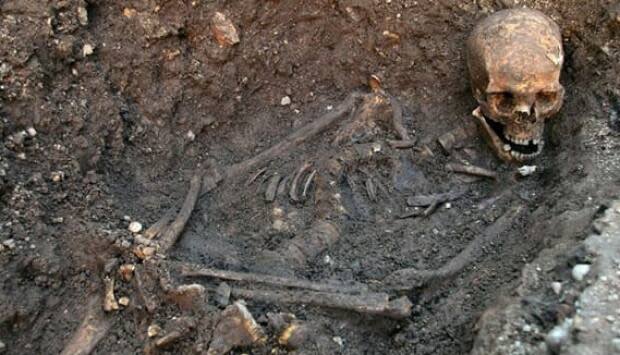
Hurlbut said since the pandemic, the society has been meeting online.
"We try in whatever ways we can to correct public opinion about Richard the Third," she said.
"I think a lot of people feel he was a guy with a hunchback, a horrible person who murdered his nephews and kind of slashed his way to the throne. And we think that really wasn't necessarily the case. That's very much not supported by historical evidence."
Hurlbut said she believes the princes, who were being held in the Tower of London, didn't die during Richard's reign.
She finds it more believable they left England, but came back as adults to live happy lives.
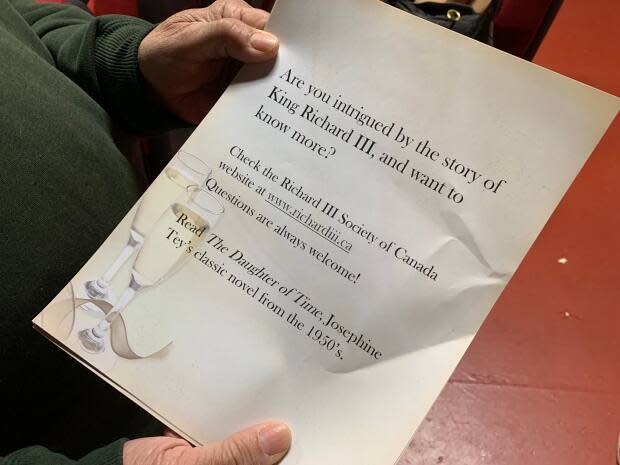
She points to some positive changes Richard made during his short reign, including introducing the idea of someone being innocent until proven guilty in court.
"He was also a promoter of books and reading ... and I think would have promoted literacy among the people," she said.
Besides doing research about the king, Hurlbut said the society also digs into other medieval topics.
"We sort of gather what we can of history and put it together in new ways so we're not sitting around talking about Richard III at every single meeting ... because I think that would get a little stale fairly quickly."
For example, she recently presented a paper on medieval hygiene top-to-toe.
Hurlbut said there are a number of Canadian connections to the exhumation of Richard's body.
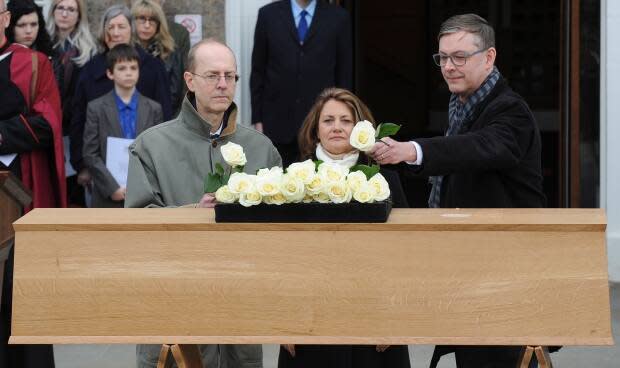
When Langley's campaign ran short of funds, members of the society in Canada helped make it happen.
"The mitochondrial DNA, which was used to identify Richard's body positively was actually compared with a man from Canada who was 16th-generation, I think, descendant through his mother from one of Richard's sisters," she said.
The group in Toronto staged a reenactment of Richard's coronation at Saint Michael's Cathedral on July 1983 for the coronation's 500th anniversary.
And so, the recent coronation of King Charles III looked familiar.
"We had a lot of people who were medieval specialists ... and so some of the parts of the coronation were extremely familiar to me. They haven't changed much in 500 years."
Hurlbut said they like to talk to movie-goers after the show, because they find people are anxious to discuss what they've just seen.
"On the way out, people are just brimming with righteous indignation. And they want to talk about Richard," she said.
"We've met some really interesting people. I would estimate that there have been probably well over 100 people who've seen the movie at City Cinema over the last few days."
Lots of times people see movies and they want to talk about the content of what they've seen ... It's made for a fun discussion. - Grace Kimpinski
Grace Kimpinski, the Charlottetown Film Society's executive director, said they would likely have brought The Lost King to P.E.I. anyway, but that they're always open to suggestions.
"We certainly try hard to bring in movies that are suggested if we know that there's an audience for it, but it certainly doesn't always happen," Kimpinski said.
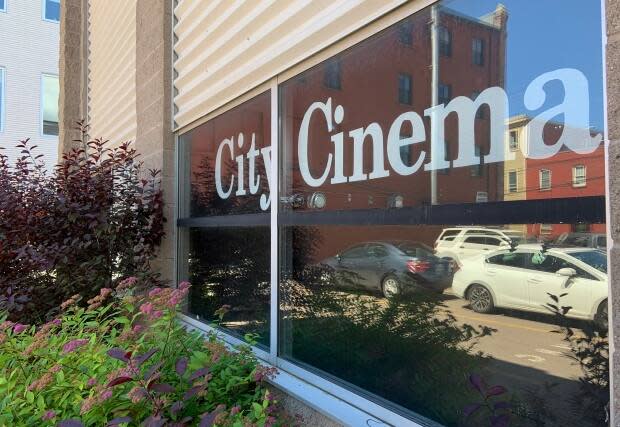
Kimpinski said it is the first time someone has asked to hang around outside the theatre to talk to people after a film. From time to time, they do have people speak to audiences or take questions after a film in a more formal way.
"When [Hurlbut] offered to stick around, I thought that was a really cool idea, actually," she said.
"I'm down for stuff like that if people want to have conversations. I mean, lots of times people see movies and they want to talk about the content of what they've seen and it's really cool in this case is that there's a society around this king and someone who has a wealth of knowledge about it. It's made for a fun discussion."
Kimpinski said the movie did well, and she thinks the timing of the coronation of Charles III may have also had something to do with that.
Hurlbut said even if people don't want to join the society, they may just do a little historical digging of their own.


